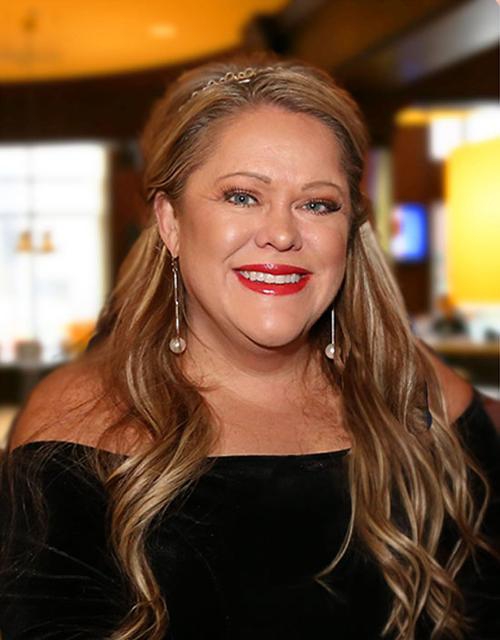 Summer camp is a popular option for young people and their parents looking for a way to spend a few weeks of the summer learning, growing and socializing. But with the many options, like resident camp versus day camp, to choose from, it’s often difficult for parents to know where to start when it comes to choosing a safe summer camp for their kids.
Summer camp is a popular option for young people and their parents looking for a way to spend a few weeks of the summer learning, growing and socializing. But with the many options, like resident camp versus day camp, to choose from, it’s often difficult for parents to know where to start when it comes to choosing a safe summer camp for their kids.
Hupy and Abraham is familiar with negligence claims and knows what to look for when it comes to identifying if a facility is implementing proper safety regulations. It is recommended to look for a camp which seeks ACA (American Camp Association) standards for accreditation. The ACA requires summer camps to meet particular health and safety regulation standards for things such as food service, transportation, health and wellness, human resources and program activities. Here are a few tips to help you decide which camp will be the best, and safest, fit for your child this summer.
Decide on resident or day camp. Do you think your child is ready to sleep away from home for an extended stay? Do you want them to experience new places such as mountains, lakes or an ocean? Also consider the session length and if it will appeal to your child’s comfort level and to your family plans for the summer. Camps can last anywhere from 1 to 8 weeks.
Consider the counselors and staff. What training does the staff receive on safety, supervision, counseling, problem solving and other issues unique to working with young children? Consider whether the staff receives background checks, as well as the age of the counselors. Often camps will let teenagers and young adults become counselors who may not be qualified to watch young children. On that note, inquire about the child-to-counselor ratio, and whether it equates to sufficient supervision.
Ask about general camp safety. Check to see what sort of insurance the camp holds. Camps should at least have general liability coverage for multiple scenarios, including accident medical coverage for campers in its care against injuries sustained at the camp. Consider whether campers are in a group with a counselor all day, or free to go from one activity to another with appropriate supervision. If asked to sign a liability waiver, don’t be concerned – the law does not allow you to sign away your child’s safety. But, if waivers seem excessive in length, be weary.
Check communication plans and policies. Many camps have a strict no cellphone/no tech policy, which is important for many kids to have the full camp experience. However, a camp’s implementation of a comprehensive communication plan is important for letting parents know if a child becomes sick or injured. As well, some parents simply like to stay informed about their child’s activity. So feel free to inquire about personal calls and family visitation days.
It is important to ensure that the summer camp your child will attend is safe and is being run by people qualified to maintain that safety. To do so, the personal injury attorneys of Hupy and Abraham hope that these tips will help you choose the right summer camp for your child. But in the unfortunate event that your child is injured due to the negligence of a summer camp facility, contact Hupy and Abraham. Call 800-800-5678 for a free, confidential, no-obligation consultation today.
